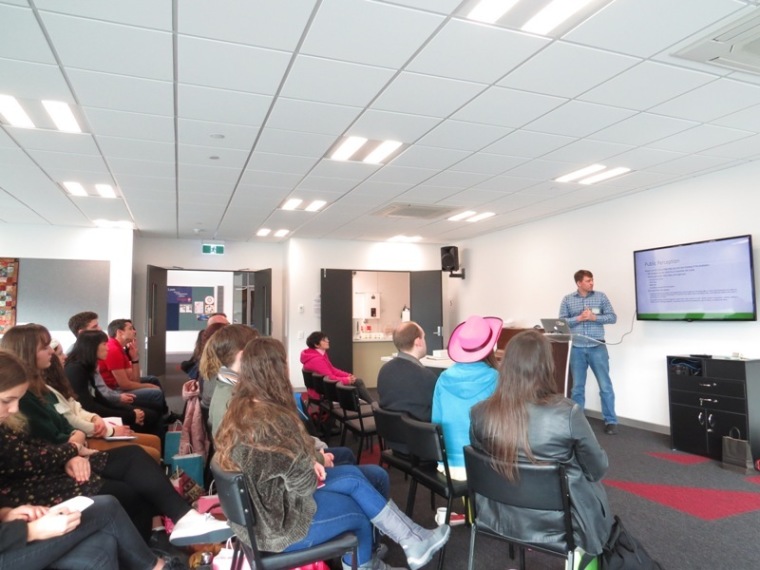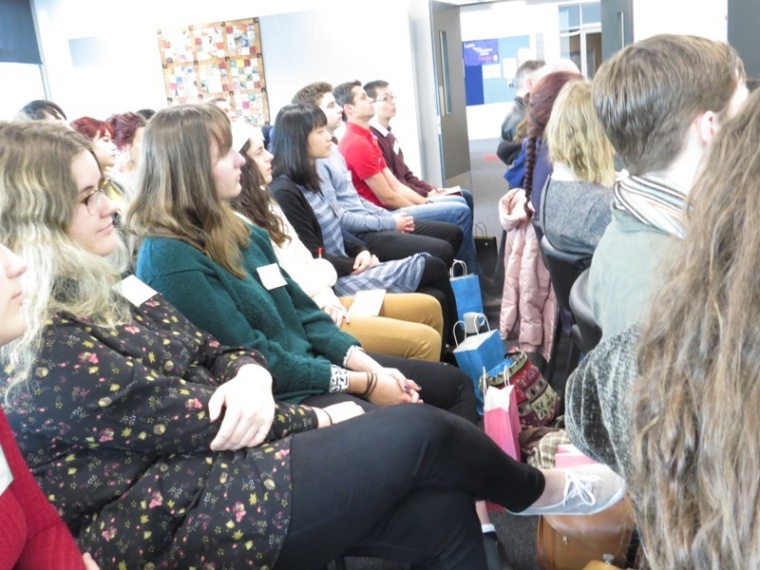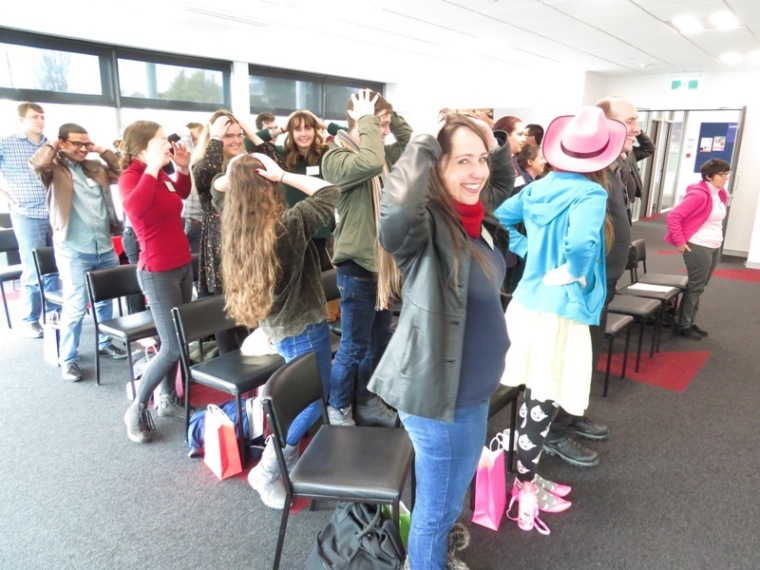
This article commences with a story. One of the articles, published on Anzac Day a few years ago and reported on ABC radio that evening, tells the story of Dr Clunes Mathison - a brilliant young Australian doctor who was killed accidentally by a stray bullet at Gallipoli in 1915 at the age of only 31.
This was one of 10 biographies in a book by Ross McMullin: "Farewell, dear people: Biographies of Australia's Lost Generation", Scribe Books
As a historian, imagines the sacrifice made by Clunes Mathison's mother. This was her only remaining child, five others did not survive beyond the age of ten. Her husband died when Clunes was twelve, just at the age when he needed to go to the city for his education. In their community of country Victoria, not many children went off to high school, as it was not available in any nearby town.
This was a common story, in the early 20th century, when death and hardship were family companions. Most similar anecdotes I have heard from family and friends tell of young boys leaving school at 13 or 14 in order to support the family when misfortune hit, either running the farm or working nearby. .
But young Clunes Mathison was brilliant at school. Both his parents were teachers, and, despite the untimely death of his father, his mother would have encouraged Clunes to apply for a scholarship to Caulfield Grammar in Melbourne. Perhaps she was supported by a preacher or a doctor in the community. He did win, and then won more scholarships to university where he studied science and medicine. Only the very intellectually gifted attended university in those days; his mother must have been bursting with pride.
Clunes Mathison later travelled England and undertook innovative postgraduate research that has led to successful treatments for trauma victims. At the age of only 29 he was enticed back to Melbourne as the Director of the still-famous Walter and Eliza Hall Institute. Two years later war broke out and he became a medical officer at Gallipoli, where he saved many young soldiers' lives before that fatal stray bullet.

Reaching Potential
As a result of an extremely strong, far-sighted mother who went against society norms of the time, and against her own heart, Clunes Mathison was able to reach his potential. She must have had faith that he would benefit society as a whole. With her support and guidance (as well, one assumes, of his community) he developed self-confidence and apparently had a wonderfully cheerful disposition. Although his life was short by our standards, his influence on society exceeded even a mother's expectations.
His achievements at such a young age amaze us today, but at that time there was less science and technology to learn. Students were often at university by the age of 16, which was also the age that other young men took on responsibilities in their workplace, and young women were encouraged to marry. Many lads of 16 enlisted when WWI started, and some falsely put up ages in order to volunteer.
If we continue back in history to ancient times, we see that young people assumed responsibilities even earlier. The tradition of the Jewish Barmitzvah stems from the days of the Old Testament, when boys of thirteen were considered to be men. Girls were married when they first became fertile at age of about 14 years. Life was very uncertain then and adult life expectancy even shorter than in 1915.
Recent Research
Today we have a better understanding of nutrition and disease (due to the research of Mathison and others); we live longer and expect to recover from illness. We also live in a more complex society. Young people wanting a career in science, medicine or technology need to study for longer, and particularly need to keep up their maths.
Recent research by Australian educationalists has shown that positive parental attitudes can encourage children to continue with maths, even if they find it difficult. Parents might not like maths either, but if they are encouraging rather than dismissive, then their children are more likely to perservere despite initial resistance.
This research seems to have been predicted by the Bible. Proverbs 1:8-9 says: "Hear, my son, your father's instruction, and forsake not your mother's teaching, for they are a graceful garland for your head and pendants for your neck."
My parents supported their children's endeavours. They did not have the opportunities beyond primary school, yet they encouraged me and my siblings to aim high, and all three achieved doctorates in various areas of expertise.
Like Mathison's mother, we should support the younger generation so that they have the confidence to use their talents to benefit society to the best of their ability, and we can all take pride in their achievements.
In this sense our Press Service International (PSI) mentors 110 young writers who submit a Comment or Sport article for each week day of the month which are published in "Christian Today Australia" and “Christian Today New Zealand”.


Dr Mark Tronson - a 4 min video
Chairman – Well-Being Australia
Baptist Minister 45 years
- 1984 - Australian cricket team chaplain 17 years (Ret)
- 2001 - Life After Cricket (18 years Ret)
- 2009 - Olympic Ministry Medal – presented by Carl Lewis
- 2019 - The Gutenberg - (ARPA Christian Media premier award)
Gutenberg video - 2min 14sec
Married to Delma for 45 years with 4 children and 6 grand children